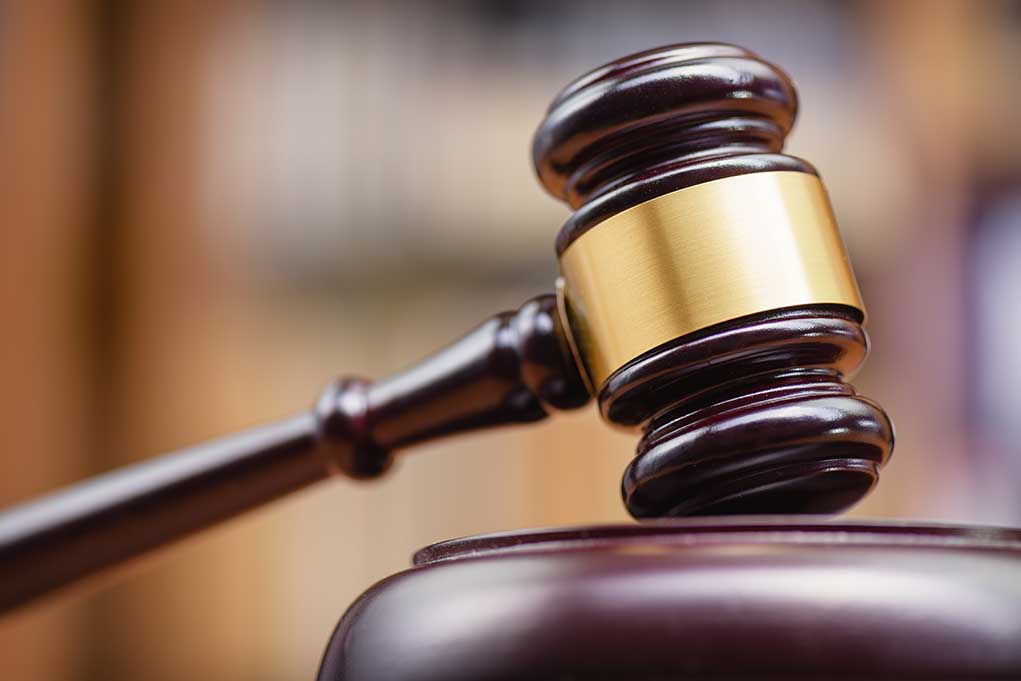
The White House has challenged a federal judge’s directive, halting deportation flights to El Salvador, setting the stage for a legal confrontation of historical significance.
Key Takeaways
- The Trump administration defied a judge’s order temporarily blocking deportations to El Salvador, claiming the order had no legal basis.
- Deportations targeted individuals accused of serious crimes and alleged gang members under the Alien Enemies Act of 1798.
- El Salvador agreed to accept the deportees, with President Nayib Bukele mocking the timing of the court order.
- The Department of Justice appeals Judge Boasberg’s decision and plans to avoid further deportations unless overturned.
- Venezuela condemned these actions, raising concerns about historical parallels.
Federal Judge’s Order and Its Defiance
The Trump administration moved forward with deportations to El Salvador despite U.S. District Judge James E. Boasberg’s temporary block. The flights were already en route, and the administration deemed the order non-applicable since the deportees had left U.S. territory. Judge Boasberg intervened under concerns for individuals accused of being gang members without adequate legal defense.
The White House emphasized that the flights adhered to an executive order relying on the Alien Enemies Act of 1798. History marks this act’s sparse use, primarily during wartime. Now, it confronts a modern legal and constitutional test, with rising questions about its peacetime application.
JUST IN: Trump Administration Defiantly Tells Radical Judge Boasberg to Pound Sand Following Controversial Ruling
The Trump administration clashed with far left DC District Judge James Boasberg after he blocked the deportation of dangerous Venezuelan Tren de Aragua gang members,… pic.twitter.com/JKJYr7Yjk2
— MAGA Resource (@MAGAResource) March 16, 2025
International and Domestic Repercussions
The deportations sparked international notice, with Venezuela condemning the actions. El Salvador willingly accepted the deportees, including those associated with the infamous MS-13 gang. President Nayib Bukele humorously commented on the court order’s timing, chiding “Oopsie…Too late.”
Venezuela perceived the deportations as akin to historical events of injustice, highlighting another layer of international scrutiny. Meanwhile, the U.S. administration prepared for potential legal escalation and fervent domestic debate.
U.S. Deports Over 200 Alleged Venezuelan Gang Members to El Salvador Amid Legal Controversy
The United States has deported more than 200 alleged members of the Venezuelan gang Tren de Aragua to El Salvador, where they have been transferred to a high-security prison, despite a… pic.twitter.com/2E5phSjQri
— The Alkamba Times (@TheAlkambaTimes) March 17, 2025
The Road Ahead
The controversy sets up a formidable legal path with a constitutional crisis looming. The U.S. Department of Justice’s appeal challenges Judge Boasberg’s decision, asserting the focus should remain on deporting individuals posing significant threats rather than judicial interference.
As the process unfolds, a Supreme Court battle appears imminent, poised to determine the balance of executive power and judicial oversight in matters of national security and immigration policy.
Sources:
- Trump administration deports hundreds of immigrants even as a judge orders their removals be stopped
- Exclusive: How the White House ignored a judge’s order to turn back deportation flights
- White House blasts judge for attempting to halt deportation flights to El Salvador: ‘No lawful basis’











